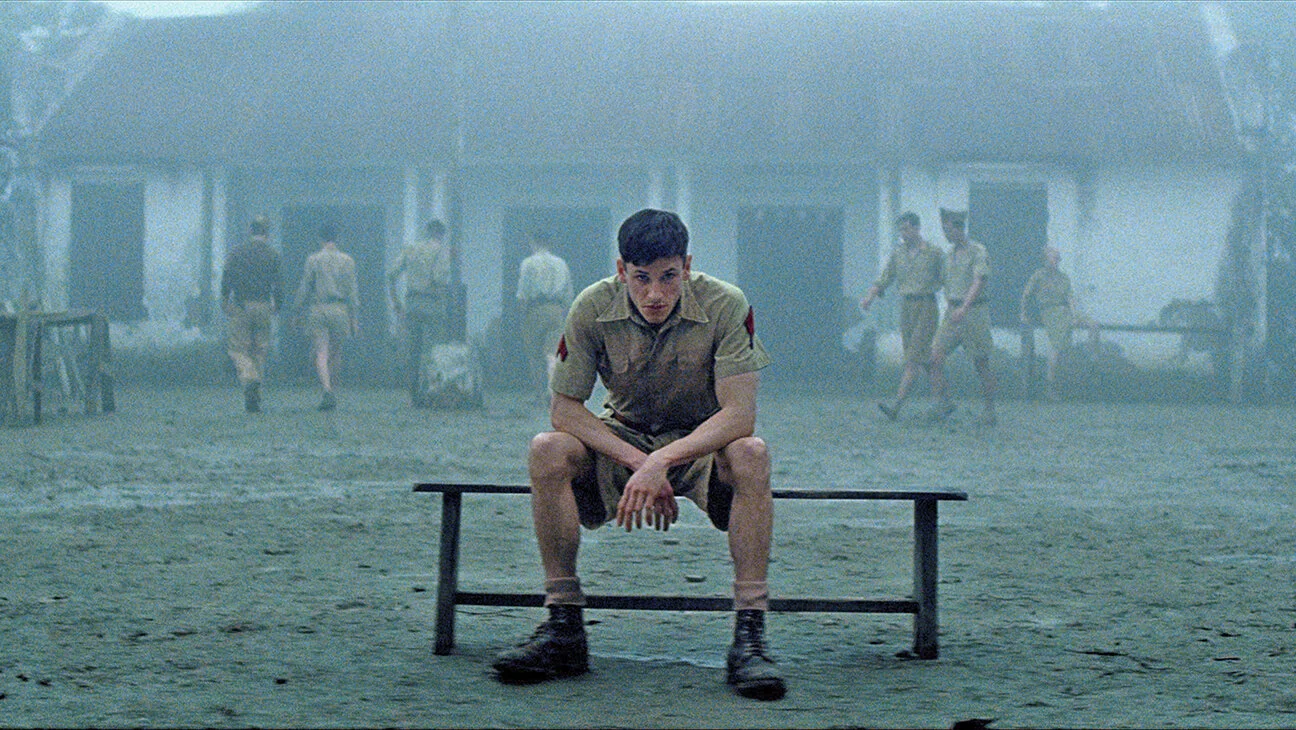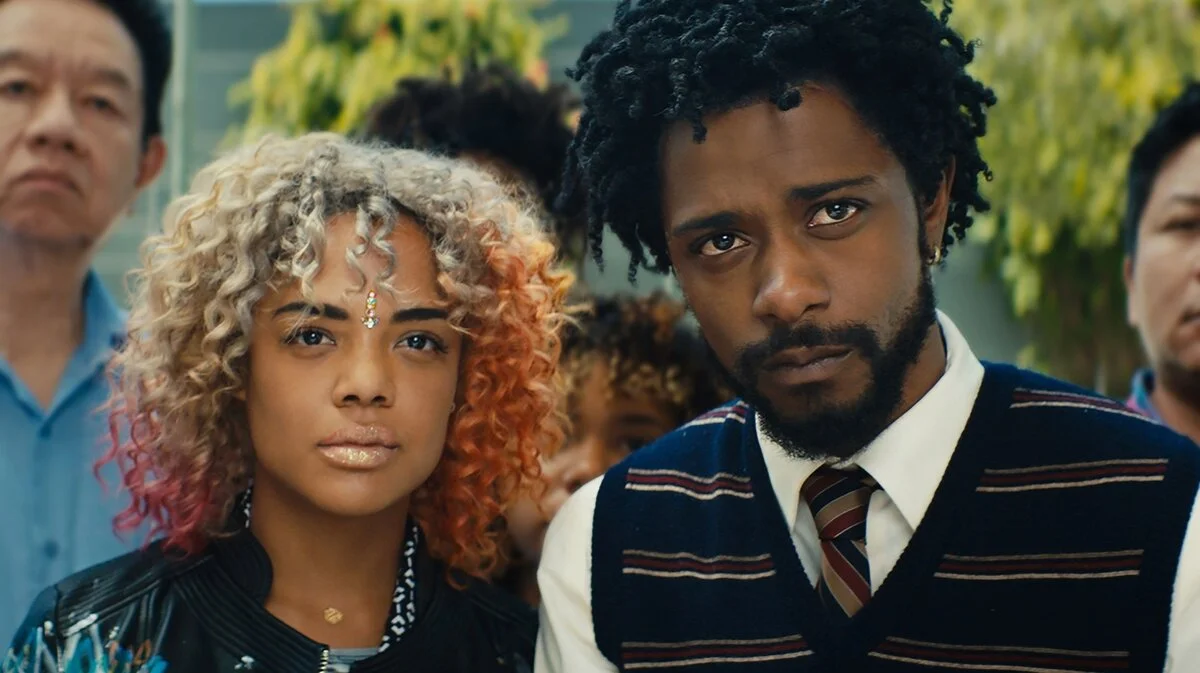French Cinema: Les Confins du monde (To the Ends of the World) film review
Les Confins du monde is directed by Guillaume Nicloux and stars Gaspard Ulliel, Guillaume Gouix, Lang Khê Tran and Gérard Depardieu.
Set during the volatile days of France's colonization of Indochina, most specifically Vietnam, Les Confins du monde follows a soldier on his quest to avenge his brother’s violent murder.
Beautifully shot, Les Confins du monde uses lingering shots on sumptuous jungles and beautifully framed quiet conversations suffused with poeticism to juxtapose with moments of extreme violence and gore.
The opening of the film is a brilliant example of this. The ghostly calm, represented by Ulliel’s Tassen sitting alone with people drifting past in a misty army post, a colour palette of pale blues, greys and greens suddenly becomes a contortion of bodies rendered in deep reds, oranges and rich green. A mass grave of bleeding corpses.
This is a shock to the system, a glimpse at the horrors of war and the film to come. This abrupt shift from peace to violence also represents the nature of guerilla warfare; a moment of solitude and silence very quickly descends into chaos and death.
The narrative of Les Confins du monde is very evocative of Apocalypse Now, and Tassen teeters on the edge of becoming a Colonel Kurtz figure as he obsessively hunts for a revolutionary figure waging a guerilla war against French occupation and Japanese invaders whom he deems responsible for the death and mutilation of his brother and his brother’s wife.
Tassen also falls in love with a Vietnamese prostitute, but his love manifests as control and psychological punishment, and his relationships with his fellow soldiers don’t fair much better.
He is poisoned by the need to avenge; he isolates those around him and breaks rules and causes many to die. It’s a brutal film, and the story sort of just fades off towards the end, symbolising that Tassen will probably never find the man he is hunting and that his whole journey is in the end completely futile.
«Le deuil est une drôle d'épreuve. Un jour, on croit en être sorti, et puis non... Il est toujours là, incrusté avec sa colère»
“Grief is a strange ordeal. One day we think we’re cured, but no… it’s still there indivisible from our anger”
Another central theme to the film is that of grief, Tassen is grieving, but he is blinded by rage and PTSD after being the sole survivor of a massacre. He has quiet conversations with Saintonge, a writer who asserts that he is on no one’s side, that he has fallen in love with Vietnam and its people, but who is ultimately crippled by grief.
Tassen is almost disgusted by Saintonge, by his defeat and continues on his journey. With each loss of life around him, Tassen contorts into a more savage, cruel and empty version of himself. This in itself is what makes the film interesting to watch, the study of a broken man on a deadly and endless quest.






